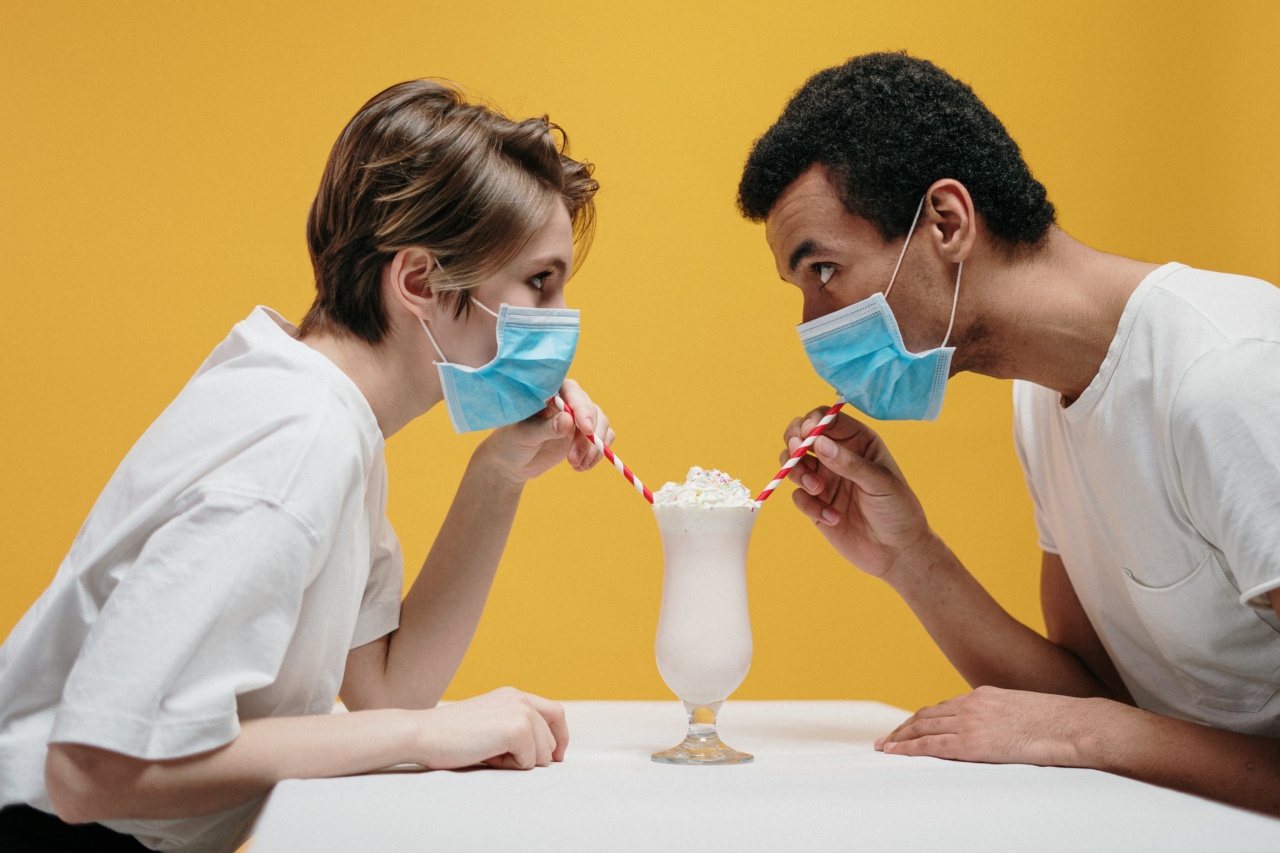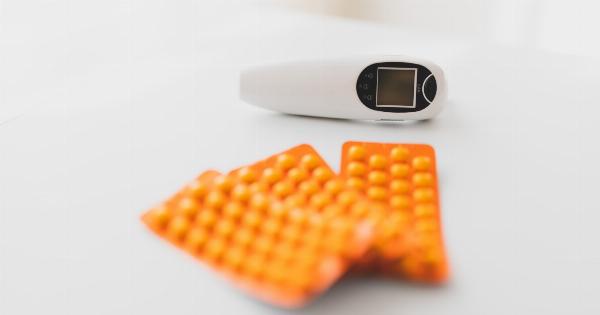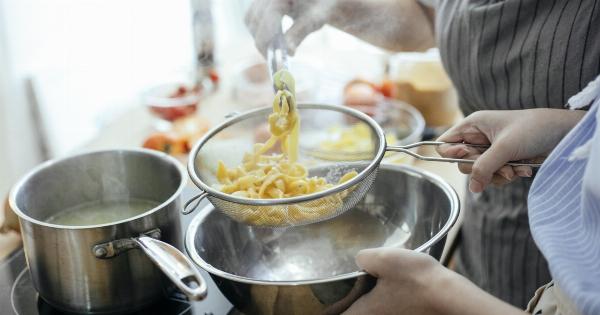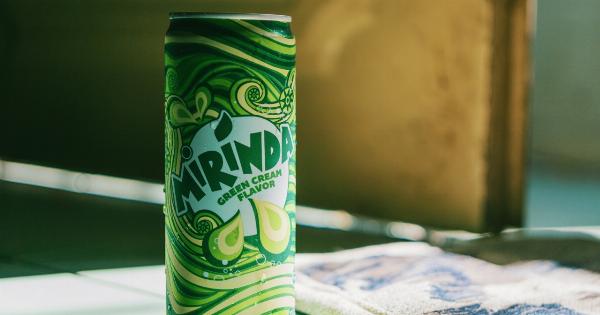Feeling under the weather is never fun, but it can be especially difficult to determine whether you have a cold or the flu.
Both illnesses share similar symptoms, but understanding the differences between them can help you seek appropriate treatment and get back on your feet faster. In addition to medical care, certain drinks can help alleviate symptoms and boost your recovery. Read on to learn more about the common cold, the flu, and the best drinks to consume when you’re feeling sick.
Cold vs. Flu: Understanding the Basics
While both colds and the flu are respiratory illnesses, they are caused by different viruses. The common cold is usually milder than the flu and symptoms typically develop gradually.
On the other hand, the flu often comes on suddenly and is associated with more severe symptoms.
Cold Symptoms
Colds are most commonly characterized by:.
- Congestion or a runny nose
- Sneezing
- Cough
- Mild sore throat
- Mild headache
- Slight fever, if any
- Mild fatigue or tiredness
Flu Symptoms
The flu tends to cause more intense and severe symptoms, including:.
- High fever (over 102°F)
- Chills and sweats
- Dry, persistent cough
- Sore throat
- Severe headache
- Muscle or body aches
- Fatigue and weakness
Choosing the Right Drink
Staying hydrated is crucial when you’re sick, as it helps thin mucus and reduces congestion. Additionally, certain drinks can ease symptoms and provide relief. Here are some options to consider:.
1. Warm Water with Lemon:
Lemon-infused warm water can help soothe a sore throat and provide a boost of vitamin C, which is known to strengthen the immune system.
2. Herbal Teas:
Hot herbal teas, such as chamomile or ginger tea, can offer relief from congestion, cough, and sore throat. The steam from the tea can help clear nasal passages as well.
3. Warm Broth or Soup:
Warm broth or soup, like chicken noodle soup, can provide hydration and deliver essential nutrients to support your immune system. The warmth can also help relieve congestion and soothe a sore throat.
4. Honey and Warm Milk:
A mixture of warm milk and honey can be soothing and provide relief for a sore throat or persistent cough. Honey has natural antibacterial properties that may help fight infection as well.
5. Peppermint or Eucalyptus Tea:
Peppermint or eucalyptus teas can provide relief for congestion and cough. The menthol in these teas acts as a natural decongestant and can help open up airways.
6. Ginger Juice:
Ginger juice, when mixed with warm water and honey, can help reduce inflammation and relieve symptoms such as sore throat and cough. Ginger is also known for its immune-boosting properties.
7. Warm Turmeric Milk:
Turmeric contains curcumin, a compound with anti-inflammatory properties. Mixing turmeric with warm milk creates a soothing drink that may help relieve symptoms such as cough, sore throat, and body aches.
8. Green Tea:
Green tea is packed with antioxidants that can support your immune system. It can also provide relief from congestion and soothe a sore throat.
9. Apple Cider Vinegar Drink:
Mixing apple cider vinegar with warm water and honey may help alleviate symptoms of a cold or flu. Apple cider vinegar is believed to have antibacterial properties and can help break up mucus.
10. Hydrating Electrolyte Drinks:
Electrolyte drinks, such as sports drinks or coconut water, can be beneficial if you are experiencing symptoms like sweating, vomiting, or diarrhea. These drinks help replenish fluids and restore essential electrolytes.
Remember, it’s important to consult with a healthcare professional if your symptoms worsen or persist for an extended period of time. While these drinks can provide relief, they should not replace appropriate medical treatment.

























